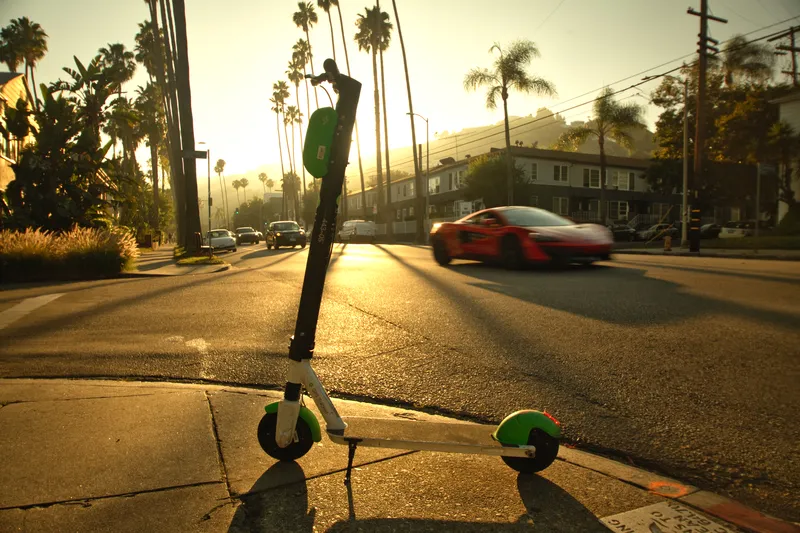
The Los Angeles Department of Transportation (LADoT) has launched a $17.8m universal basic mobility (UBM) pilot.
It will cover much of the south of the city, from the 10 East Freeway to the north, South Alameda Street to the east, Crenshaw Boulevard to the west and Florence Avenue to the South.
It is an economically-disadvantaged area where 29% of households are below the poverty level and 19% receive Supplemental Nutrition Assistance Program benefits.
The majority of the 370,000 residents are people of colour with two-thirds Hispanic and a quarter African-American.
More than 6% of households own no vehicle, with 30% one vehicle; 6.7% of workers in the area walk or bike to work; and 14.3% take transit to their jobs.
Sustainable Transportation Equity Project (Step) grant funding from the State of California Climate Investment Program totals $13.8m for UBM, and the City of Los Angeles has added an additional $4m.
In a statement, LADoT says its pilot "will integrate access across existing and new transportation options, introduce new shared mobility options for residents and workers, expand and integrate fare payment subsidies, and expand electrification to advance UBM for South LA residents".
LADoT and LA Metro are piloting a subsidised mobility wallet that expands the existing Transit Access Pass (Tap) to include subsidies for UBM subscribers including access to local transit and e-mobility options such as electric vehicle rental, on-demand transit, e-bikes and e-scooters as well as traditional transit options like bus and rail.
"When people’s right to movement is restricted, their personal health and wellbeing, productivity and belonging, and happiness are negatively affected," LADoT says.








